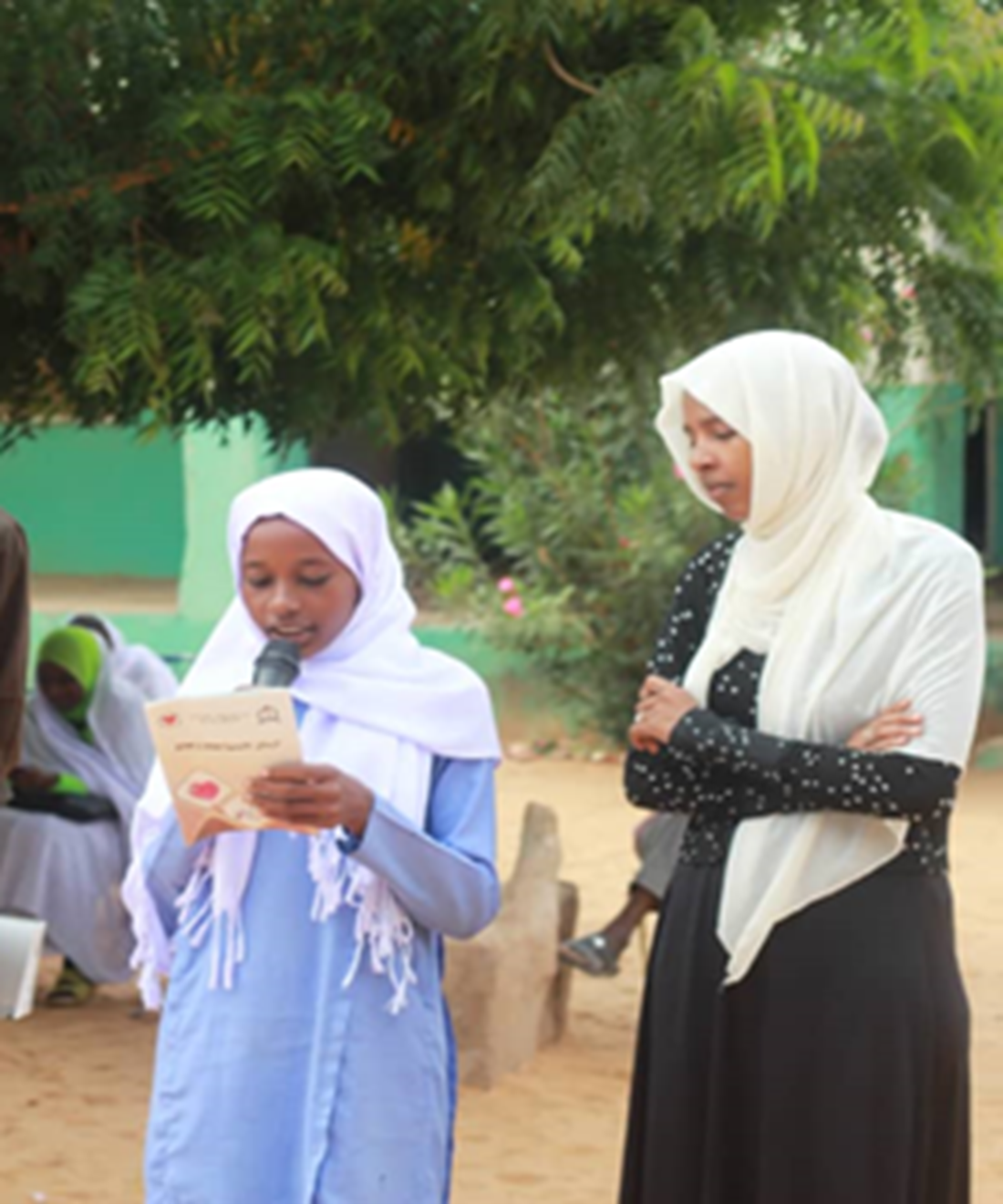
Introduction
Rheumatic heart disease (RHD) has posed a significant burden on Sudan's healthcare system. In response, cardiologists from the Sudan Heart Society took the initiative to establish a programme for RHD control. They developed the SUR I CAAN framework, which emphasized Surveillance, Integration, Collaboration, Awareness, Advocacy and Training. Over time, the framework was integrated into existing healthcare packages at the Federal Ministry of Health, playing a vital role in tackling RHD nationwide.
Context
Sudan operates a decentralized healthcare system, where each of its 18 states functions with its own local system. The Federal Ministry of Health is responsible for overseeing the entire system, developing health policies, monitoring, evaluating, supervising and enhancing capacity. Sudan's healthcare services are provided through three levels: primary, secondary and tertiary.
As part of the health system reform, noncommunicable diseases (NCDs) have been placed under the disease control directorate. This directorate also includes certain communicable diseases, allowing for resource pooling with funds received from globally funded communicable disease projects. However, NCDs were inadequately represented in the organogram and thus received less priority. Sudan faces a significant burden of RHD, with the majority of patients being children and young adults who present severe forms of the illness.
Initiative
In 2012, the Sudan Heart Society, comprising pediatric and adult cardiologists, initiated a programme to control RHD. Although the programme guidelines were approved by the Federal Ministry of Health, nongovernmental organizations implemented it using unconventional funding sources, as it did not receive allocated funding until 2019. The programme advocated the SUR I CAAN framework, which stands for Surveillance, Integration, Collaboration, Awareness, Advocacy and Training.
Surveillance. Under surveillance, two referral centers implemented an electronic registry for 1200 patients, and handheld echocardiography screening was conducted for 1200 patients across five states.
Integration. The RHD control programme was integrated into the Federal Ministry of Health's ongoing programmes, successfully implemented within the WHO Package of Essential NCD Interventions. The programme was also incorporated into nursing and medical student education curricula.
Collaboration. Collaboration was fostered with nongovernmental organizations and WHO. Sudan participated in WHO's Eastern Mediterranean Regional Meeting on RHD in 2019, following the approval of a resolution for RHD by the World Health Assembly (WHO’s governing body) in 2018.
Awareness. To raise awareness, various health education materials were developed and distributed, and awareness campaigns were carried out in high burden areas through local media channels.
Advocacy. Advocacy activities targeted medical, social and political groups.
Training. Training materials were developed for physicians, medical assistants, other health workers and the general public. The training modules covered topics such as bacterial pharyngitis and primary prevention, acute rheumatic fever and secondary prevention, RHD and tertiary prevention, as well as the administration of benzathine penicillin G.
The implementation of the SUR I CAAN framework took place at the Kordofan Rheumatic Heart Disease Control Center, located in a region with a high burden of RHD. The center, led by a community nurse and three physicians, trained healthcare workers, raised public awareness and conducted echocardiography screening sessions in the districts of North Kordofan. Nine training workshops were held for 500 healthcare workers, and echocardiography sessions and public awareness campaigns were carried out in four districts.
Impact
The initiative had a significant impact on national policy making. In February 2019, a new subunit dedicated to RHD prevention was incorporated into the disease control directorate organogram, with a designated individual. While the impact on patient health outcomes has not been measured yet, an improvement in case detection is anticipated.
Lessons learnt
Integration. The RHD control programme has already been integrated into the operational packages of the Federal Ministry of Health, with plans to include it in the Integrated Management of Childhood Illness programme. Key units such as reproductive health and antenatal controls serve as crucial entry points for providing treatment and care for rheumatic fever and RHD.
Detection. Early detection strategies are essential when planning interventions to address RHD. Surveillance through electronic registries and the use of handheld echo are important strategies for the early diagnosis of RHD.
Collaboration. The most successful aspect of the initiative is the collaboration among multiple stakeholders throughout the process, with thorough documentation at every stage. The successful expansion of a Sudan Heart Society intervention serves as a strong example of collaborative efforts among health professionals and civil society.
Opportunities
The programme for controlling RHD and the SUR I CAAN framework, initially led by cardiologists through the Sudan Heart Society, present a crucial opportunity to accelerate and expand the RHD programme in the country. Leveraging the Sudan Heart Society's leadership in implementing the RHD programme is essential.
The proposed plan by the Federal Ministry of Health for 2020 presents an opportunity to integrate RHD-specific activities into the NCD programme, including preventive services. There are also plans to assess the feasibility of incorporating the RHD registry into the Federal Ministry of Health's health information system. The RHD prevention and control strategy is set to be discussed by stakeholders and endorsed by the Federal Ministry of Health in 2020.
Prioritizing interventions at the community and primary healthcare levels is vital to ensure accessibility. The future of the initiative includes evaluating the capacity of medical assistants and the healthcare system to provide benzathine penicillin G at the primary healthcare level.
References
Noncommunicable diseases country profiles 2018
Story originated in 2021.




